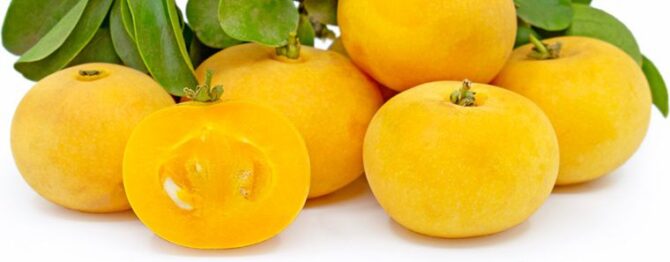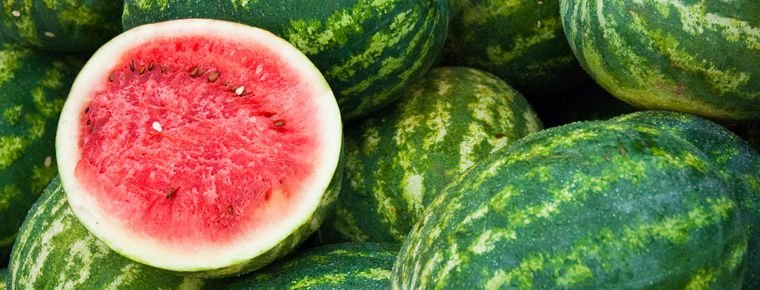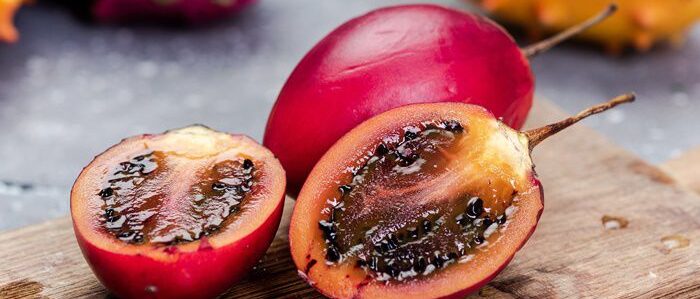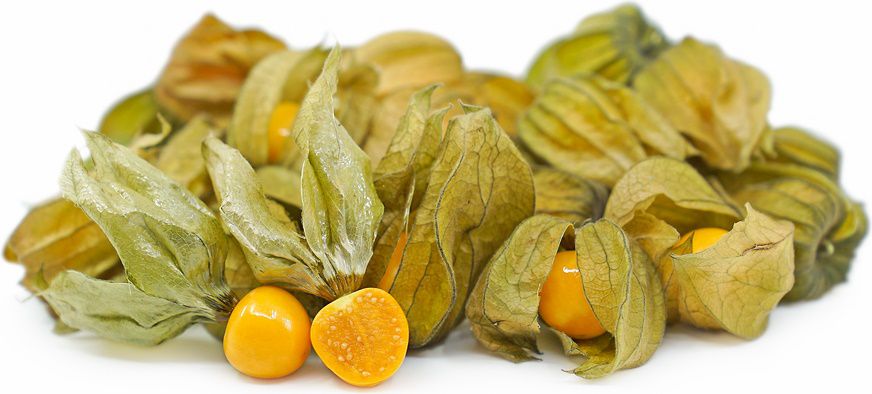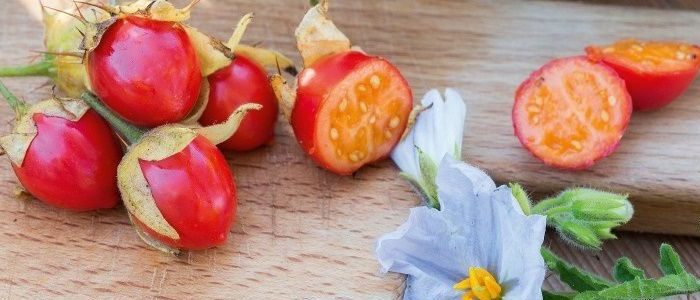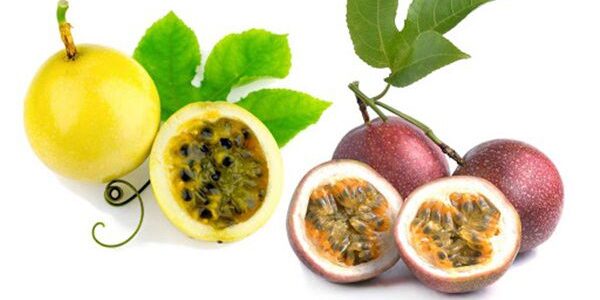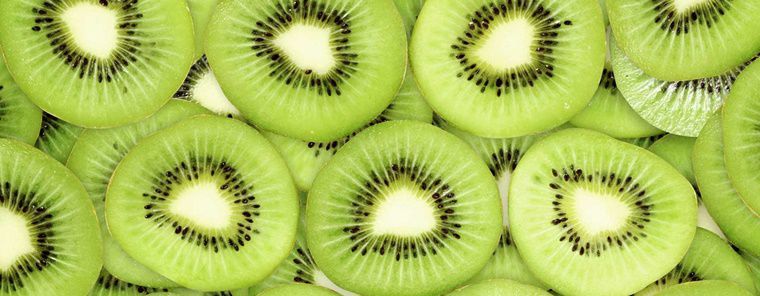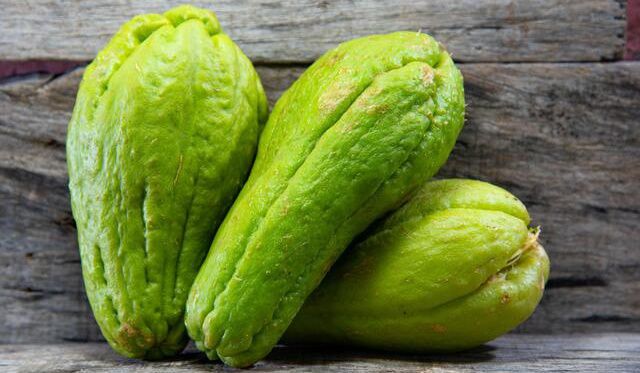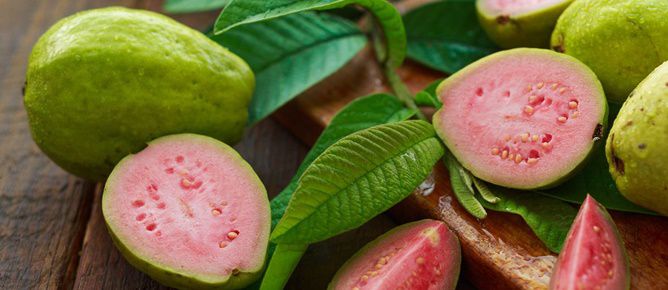Fruits
Growing Kei Apple
Growing Kei Apple and maintaining Kei Apple trees. Kei apples (Dovyalis caffra), are small, tangy fruits found on an evergreen tree or shrub belonging to the Flacourtiaceae family. The fruits are small, averaging 2 to 5 centimeters in diameter, and have a round to oblate, curved shape. The skin is smooth, velvety, and semi-tough, ripening from green to yellow-orange with maturity. The golden flesh is soft, aqueous, succulent, and tender with an aromatic, sweet scent. The fruits are edible, and make excellent jam and jelly, and, when under-ripe, pickles. The fruit vary in flavor from extremely acidic to sweet-tart with tangy, fruity notes reminiscent of mango, starfruit, and apricot.
It is an evergreen fruit tree or shrub and can be planted as a hedge. It usually grows 3-5 m in height, but sometimes reaches 8 m with a much branched crown.
Growing Kei Apple from Seed
- Kei apple is easily propagated from seed. It is advisable to plant a couple of seeds, as you will need both male and female trees in order to produce fruit.
- Sow seed in seedling trays filled with river sand or seedling mix.
- The seeds must be pressed down into the sand until they are level with the surface of the sand and then covered with a layer of fine sand.
- Female trees begin to bear fruit in 4 or 5 years.The fruit reaches maturity in 90 days from full flower opening.
Maintaining Kei Apple Plants
- Plant multiple plants close together to form a hedge.
- Prune regularly and the branches will mesh tightly into a spiny thick hedge.
- Even though the tree is drought tolerant, adding a layer of mulch is always a good idea.
Disclaimer
Medicinal Information:
All medicinal information on this website is for educational and informational purposes only and may not be construed as medical advice. The information is not intended to replace medical advice or treatment offered by healthcare professionals.
Seeds, Plants, Plant Cuttings, Geophytes and Dried Herbs:
In some countries and provinces, certain plants are deemed as invasive and are not allowed to be planted at all, whilst some plants are allowed to be grown only in certain areas or provinces. The onus is on you as the buyer to familiarize yourself with the regulations pertaining to your location, before purchasing any of our seeds, plants, plant cuttings, geophytes or dried herbs. We will not be held liable, should you purchase any seeds, plants, plant cuttings, geophytes or dried herbs. from us which are prohibited in your country or province.

